WASHINGTON — House lawmakers advanced a $52 billion veterans legislative package on Wednesday that would overhaul outside medical care options for Department of Veterans Affairs patients, expand stipends for veteran caregivers and launch a review of the bureaucracy’s national footprint.
Despite the cost of the plan, the measure easily passed the chamber by a vote of 347-70 and has the blessing of the White House, which said the legislation “will help to ensure that veterans choose the VA by getting them the right care at the right time with the right provider.”
It’s expected to move quickly through the Senate, with that chamber’s top Democrat on veterans issues — Montana’s Jon Tester — saying earlier in the day he supports the package, and Republicans in the chamber already offering support.
Lawmakers have until the end of the month to finalize legislation, including new funding for the department’s controversial Choice program or risk disrupting health care for tens of thousands of veterans using the account.
RELATED
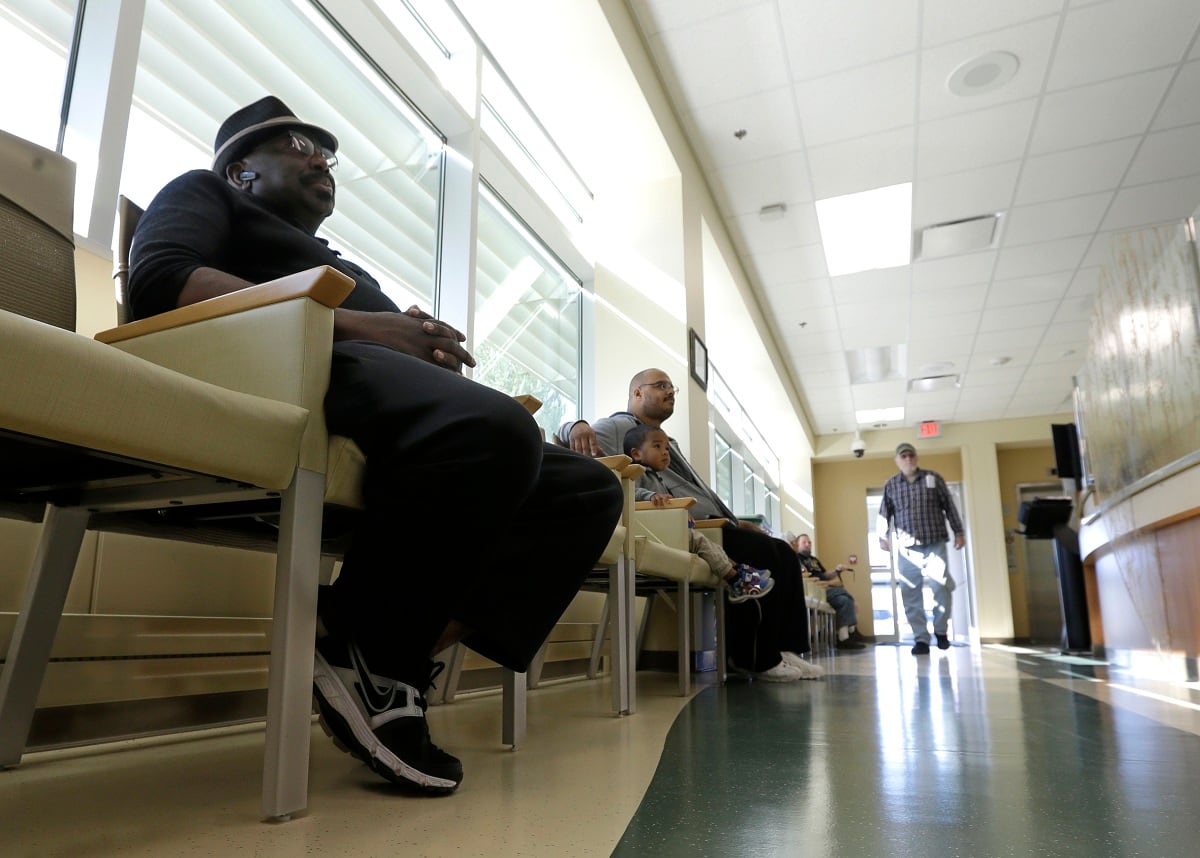
House Veterans’ Affairs Committee Chairman Phil Roe, R-Tenn., dismissed concerns from critics about the scope and cost of the measure, particularly charges that the package is part of a slow erosion of VA responsibilities and services.
“Opponents of this bill will tell you, falsely, that it is aimed at eventual privatization of the VA health care system,” he said just before the vote. “That misconception is based on nothing but fear and rhetoric.
“A yes vote is a vote for access, for quality, for choice, for the long-term success and sustainability of the VA health care system, for caregivers and for veterans.”
Among the legislation’s opponents (all Democrats) was the committee’s ranking member, Minnesota Democratic Rep. Tim Walz, who voiced concerns that Republicans rejected proposals to exempt the costs from mandatory budget caps scheduled to take effect in coming years.
He also said that implementation of the massive veterans bill will fall to President Donald Trump’s administration, which “has been 40 days without a VA secretary” since the firing of VA Secretary Shulkin two months ago.
** VA Choice and community care
The legislation, dubbed the VA Mission Act, is the culmination of nearly a year of work on the contentious issue of VA community care.
More than one-third of all VA-funded medical appointments last year took place in offices outside the Veterans Health Administration, but administration officials have pushed for more access to private-sector doctors to increase options for veterans facing long waits or travel for federal care.
In 2014, lawmakers passed the VA Choice program with that same idea. The program handles around 30,000 outside medical appointments a day, but has come under fire from conservatives for being too restrictive and bureaucratic for veterans looking for options outside VA.
Last month, acting VA Secretary Robert Wilkie said the Choice program will run out of money by the end of this month. The VA Mission Act include $5.2 billion in bridge funding to keep that program running for another year, until it is consolidated with other department care programs.
RELATED
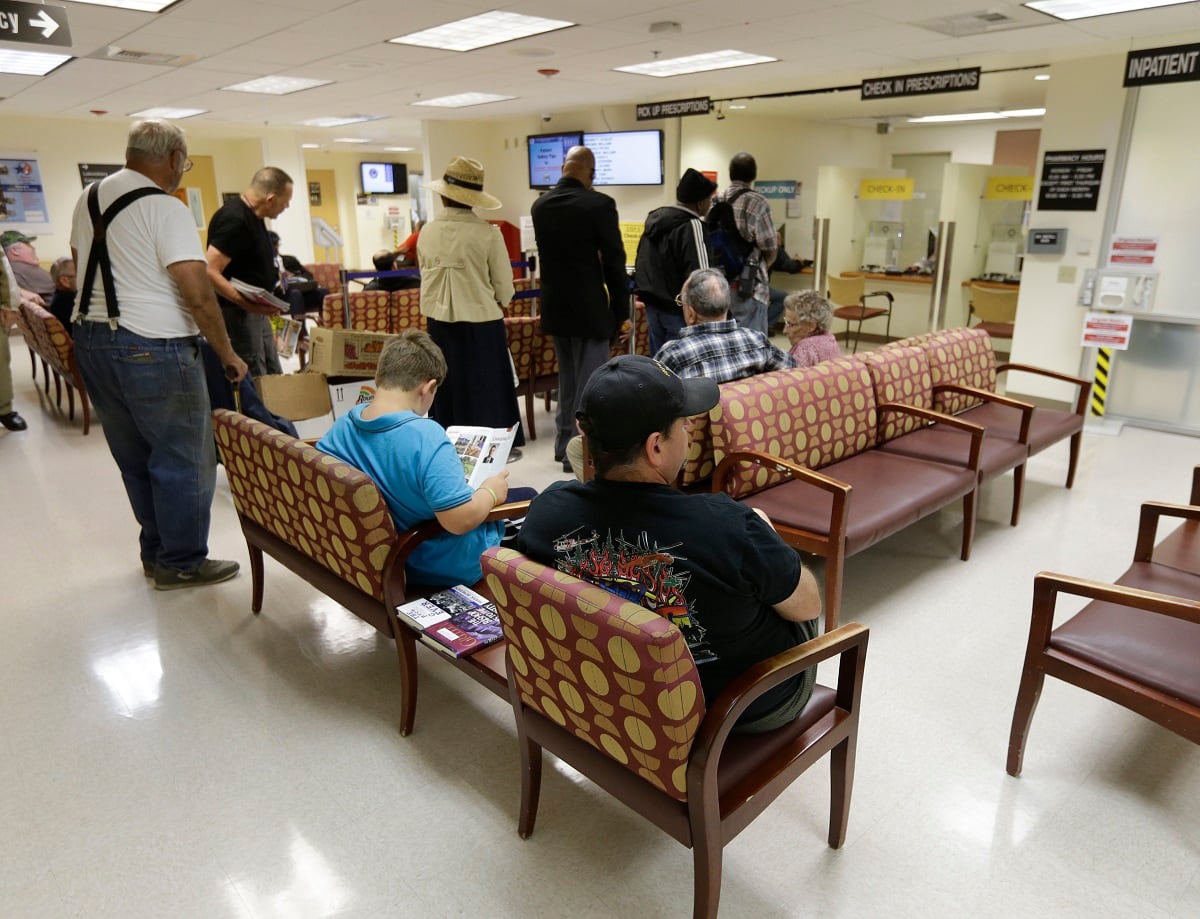
That consolidation is expected to simplify and expand the rules for accessing outside care, but still keeping VA officials involved in veterans’ over health care plans.
It requires veterans become eligible for private-sector care options if VA does not provide adequate medical options for patients, including long travel times, long wait times or poor service ratings. It revises payment rates for community care to Medicare rates, to ease concerns about reimbursement for those visits.
It would also authorize two walk-in visits at local private-sector offices for any veterans who have used department health care services in the last two years. Those appointments may require a co-pay.
Critics of the plan — including federal unions — have said the changes are a major step towards privatizing VA health services by shifting billions of dollars from VA accounts to private companies. They’ve also accused the White House of working towards that goal, in an effort to hollow out VA.
But VA officials have defended the idea as modernizing VA operations, and acknowledging that the medical needs of millions of veterans cannot be shouldered by the department alone.
Numerous House Democrats, who in the past have warned about the privatization push, backed the new legislation, saying it strikes the balance between medical access and preserving the department.
** Caregivers and asset review
In order to attract that Democratic support, Republican House leaders added a dramatic expansion of the current VA caregivers stipend to the measure.
The issue has been a top priority of veterans organizations in recent years, since currently only caregivers of veterans from the post-9/11 era are eligible for monthly stipends through the department. The new proposal would expand that to veterans of all eras, first starting with pre-1975 veterans and later phasing in the remaining group over two years.
The obstacle in getting that expansion has been the cost. The Congressional Budget Office estimates that more than 41,000 caregivers could be added to the program over the next five years, at a cost of nearly $7 billion. But that bill is expected to rise even more in following years.
But the community care overhaul is expected to total more than three times that total by 2023, making it a more palatable concession in the context of the larger legislative package.
RELATED
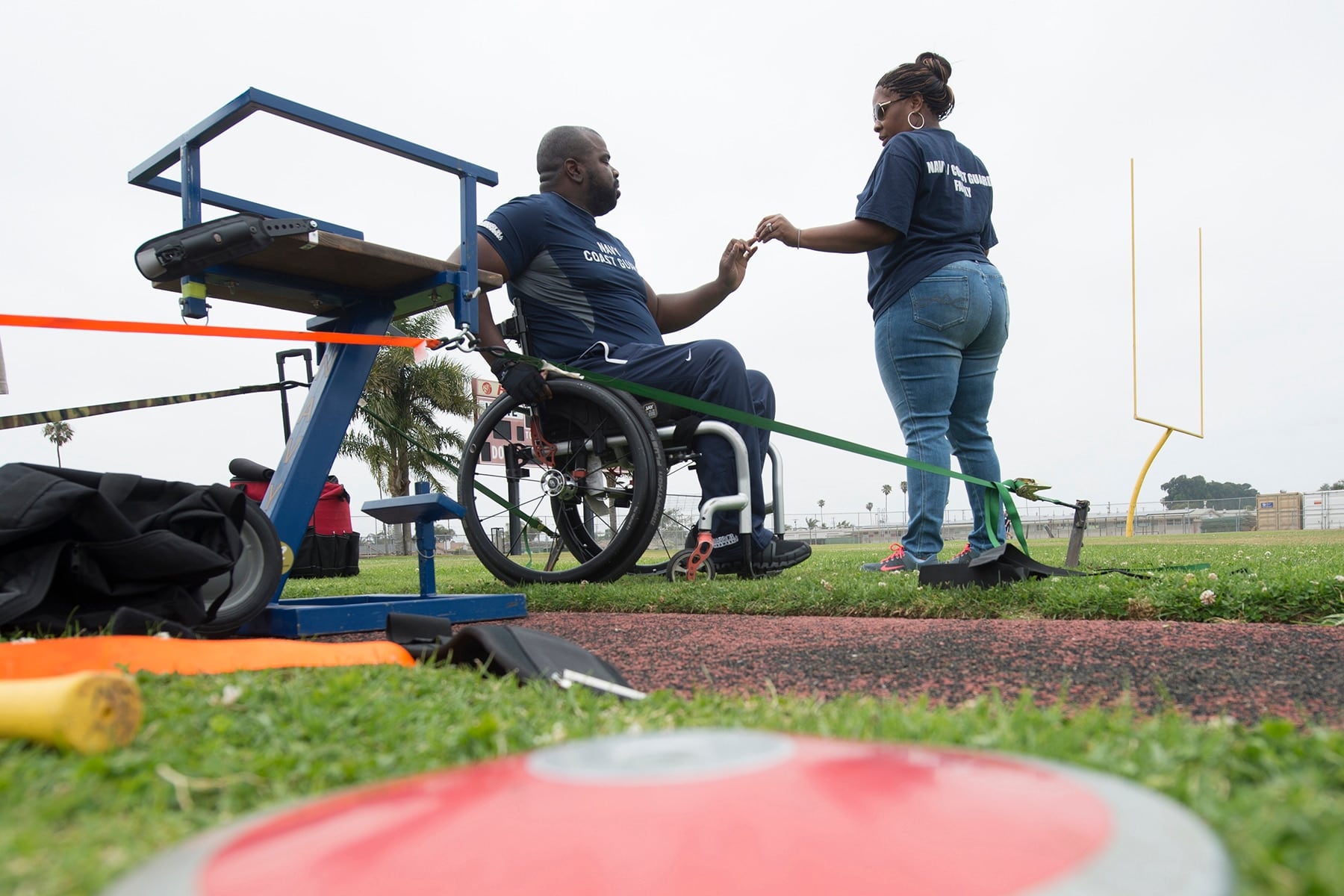
The asset review portions of the package resembles the framework of the Defense Department’s base closure and review commissions, although supporters have bristled at the comparison.
Under the plan, the president would establish a nine-member Asset and Infrastructure Review Commission, with representatives from veterans service organizations, the health care industry, and federal facility management.
The panel would meet in 2022 and 2023 to issue recommendations on “the modernization or realignment of Veterans Health Administration facilities.” That could include closing, reducing or expanding a host of VA health facilities across the country.
The cost of that work is unknown. Lawmakers have been reluctant to back new military base closing commissions because of controversies surrounding the 2005 round, which produced disputed savings totals.
But VA officials have repeatedly warned that their current footprint includes hundreds of outdated or obsolete facilities, and department administrators have severe restrictions on managing those locations. Roe said a “politically insulated process” is needed to fix that “massive and misaligned physical footprint” of VA.
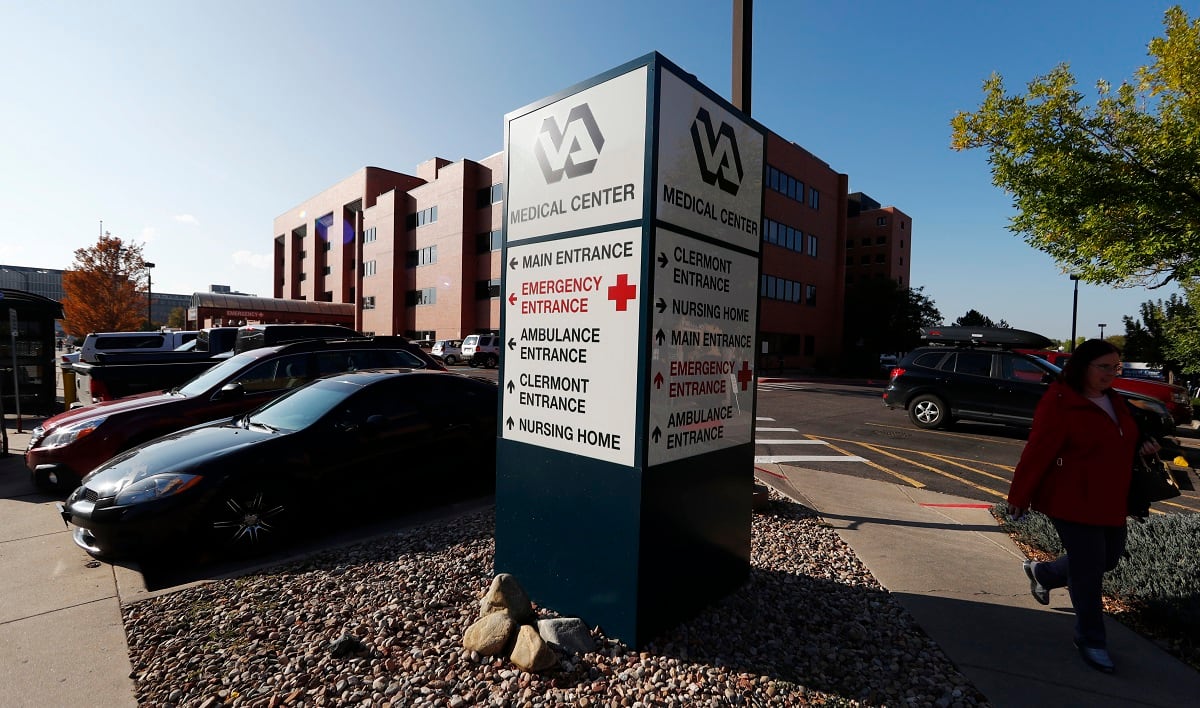
** Veterans support
In advance of the House vote, 38 veterans groups issued a letter of support for the legislation, calling it “a major step towards … making improvements to and investments in the VA health care system, creating integrated networks so that veterans have access to care when and where they need it, and providing the further recognition and assistance to family caregivers of severely disabled veterans deserve.”
The list included the Veterans of Foreign Wars, Disabled American Veterans, Paralyzed Veterans of America, and Iraq and Afghanistan Veterans of America — all organizations that have repeatedly warned members about the threat of privatization to VA operations.
Denise Rohan, national commander of the American Legion, praised Wednesday’s vote as a critical step forward to “streamline and fund the Department of Veterans Affairs’ many community care programs, expand caregiver benefits to pre-9/11 veterans and their families, and review VA infrastructure holdings.”
RELATED
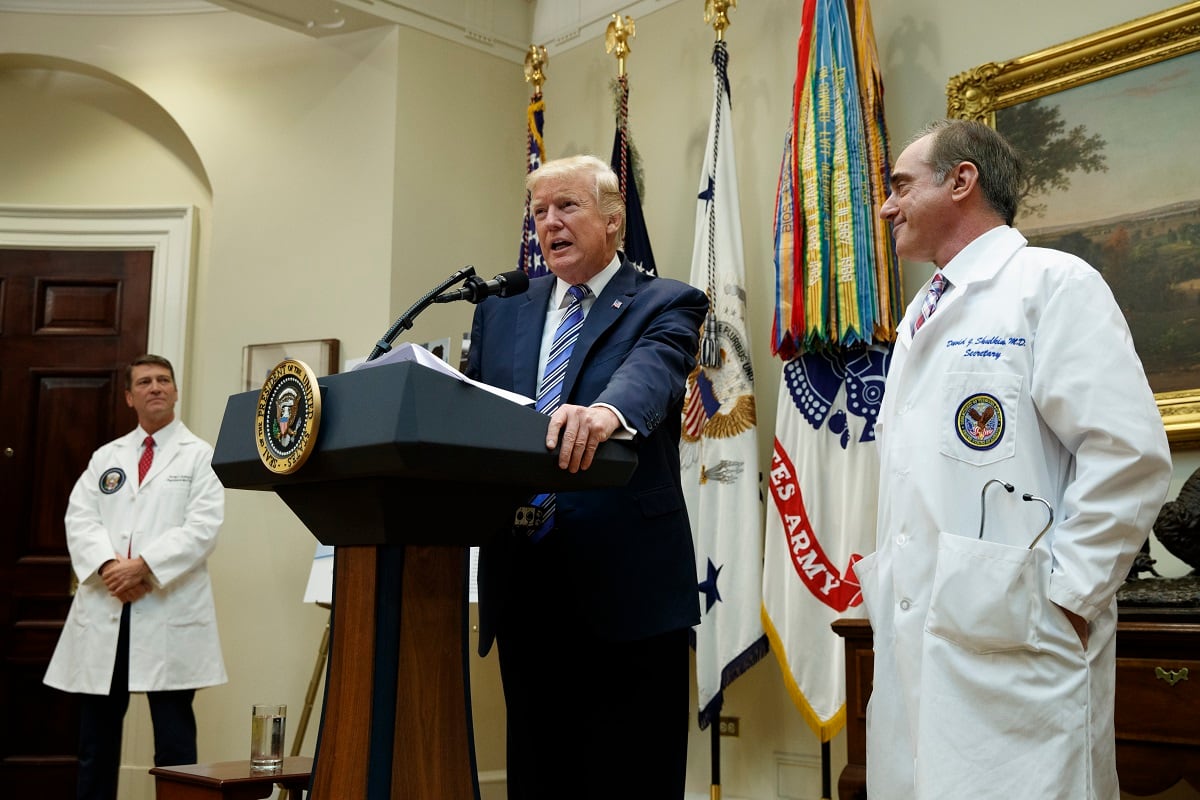
The measure also received support from Concerned Veterans for America, which has close ties to the current White House and has argued against the privatization label in recent years.
“The Mission Act would go a long way towards resolving problems with the VA’s existing community care programs and stabilizing the VA’s health care system,” CVA Executive Director Dan Caldwell said in a statement. “We’re also encouraged that the MISSION Act mandates a long-overdue review of the VA’s infrastructure across the country.”
No timetable has been set for when the Senate may vote on the measure, but Senate Veterans Affairs Committee Chairman Johnny Isakson, R-Ga., said he hopes to take up the issue “without delay.”
In a gesture to colleagues, lawmakers changed the official name of the legislation to include Sen. John McCain, R-Ariz., Rep. Sam Johnson, R-Texas, and former Sen. Daniel Akaka, D-Hawaii. McCain and Johnson are both former prisoners of war, while Akaka (who died in April) was a longtime veterans advocate in his chamber.
Leo covers Congress, Veterans Affairs and the White House for Military Times. He has covered Washington, D.C. since 2004, focusing on military personnel and veterans policies. His work has earned numerous honors, including a 2009 Polk award, a 2010 National Headliner Award, the IAVA Leadership in Journalism award and the VFW News Media award.





